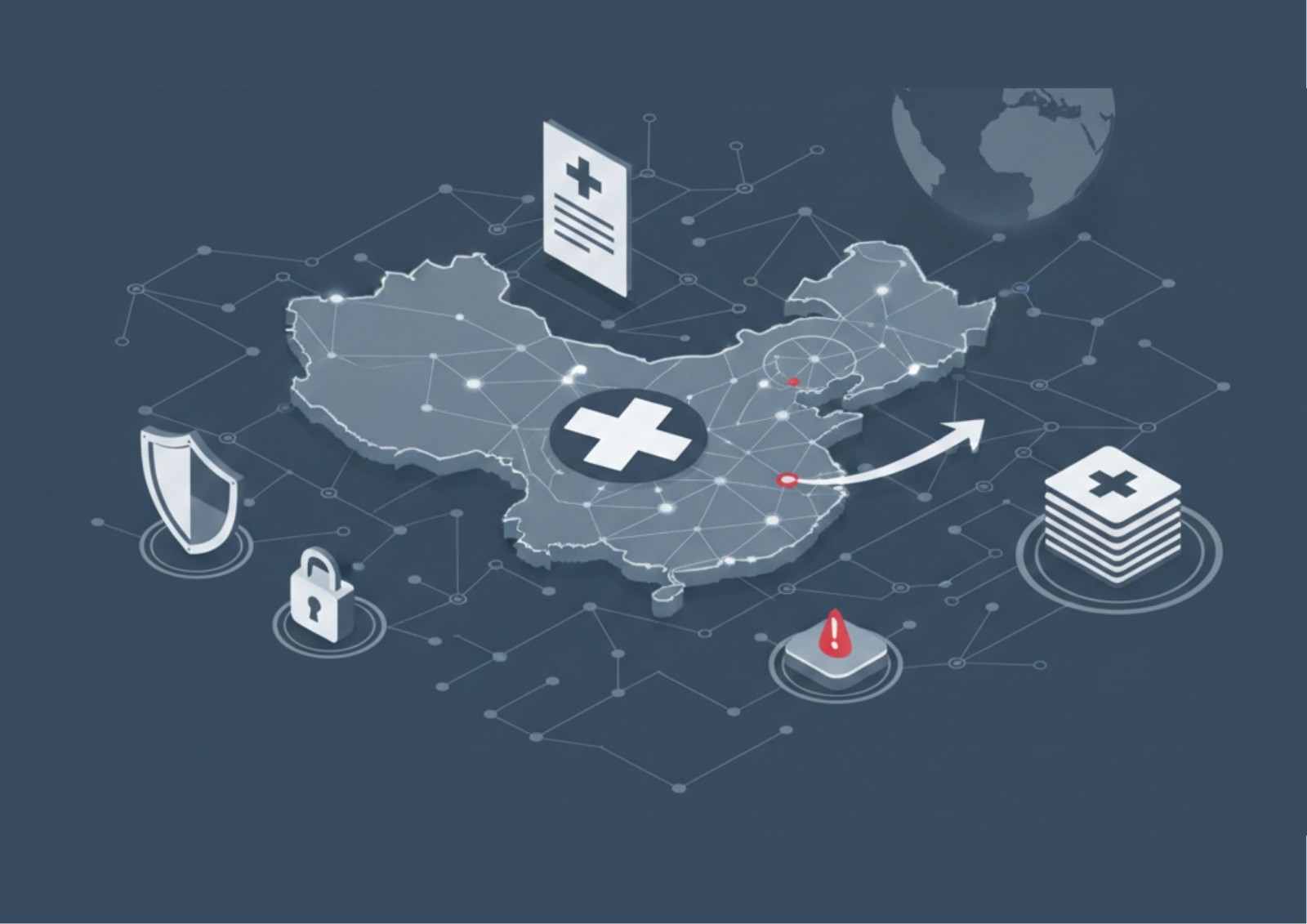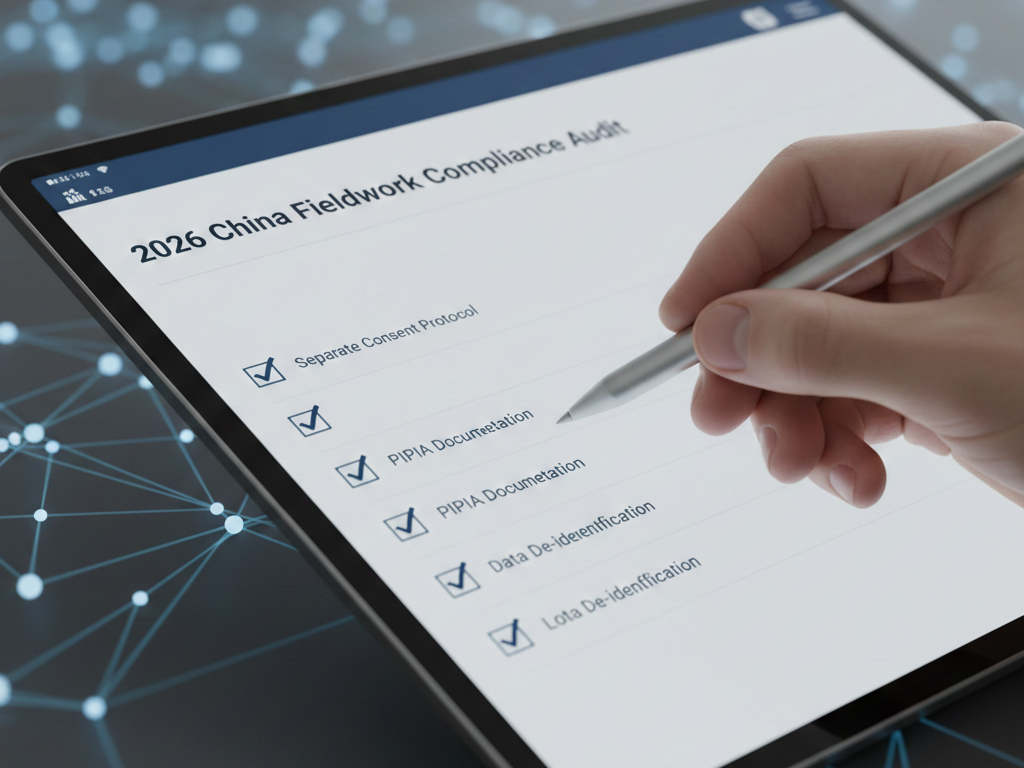"Poor data quality costs businesses an average of $12.9M yearly (Gartner). But in market research, delaying insights to chase perfection can mean missing revenue opportunities entirely. So, which matters more: fast answers or flawless ones?"
Too fast? You risk incomplete or misleading data.
Too precise? You might miss timely opportunities.
The speed vs. accuracy debate isn’t just theoretical—it’s a $100B problem for insights teams. Stakeholders demand real-time analytics to outpace competitors, yet flawed data risks costly missteps. The truth? You don’t have to choose. Here’s how leading healthcare and consumer research teams balance efficiency with precision.
The High Cost of Getting It Wrong
The Hidden Costs of Speed-First vs. Accuracy-First Approaches
Speed-First Pitfalls
• Data Quality Issues: Quick surveys often rely on low-quality samples, leading to misleading conclusions.
• Incomplete Insights: Rapid analysis may overlook crucial patterns or misinterpret findings.
• Rework Costs: Errors discovered late in the process require time-consuming fixes, delaying decisions anyway.
Accuracy-First Challenges
• Lost Market Opportunities: Overanalyzing data can slow down execution, causing businesses to miss key trends.
• Resource Drain: Extra time and budget spent refining data can reduce overall efficiency.
• Decision Paralysis: Too much emphasis on perfection can result in delays, making businesses hesitant to act.
Best Practices for Finding the Right Balance
Rather than choosing between speed and accuracy, the most successful research teams integrate both. Here’s how:
Leverage Automation
AI-driven tools can process large datasets quickly without sacrificing quality. Automating data collection and initial analysis speeds up workflows while minimizing human error.
Establish Data Standards
Not all data points require deep validation. Define acceptable accuracy levels for different research scenarios to avoid unnecessary delays.
Prioritize Key Metrics
Focus on critical insights that drive decision-making rather than perfecting every data point. This ensures that the most valuable information is delivered on time.
Pilot Before Scaling
Test methodologies on a small sample before full deployment. This helps identify errors early and streamlines the process for larger datasets.
Optimize Workflow Collaboration
Align your team on what truly matters—speed where it’s needed, accuracy where it’s critical. A clear strategy ensures a seamless balance between efficiency and precision.
Your Action Plan: Audit Your Workflow
Ask your team:
• Which projects suffered from too much speed or accuracy?
• Do we have tiered accuracy benchmarks?
• Are we using automation for both data collection and cleaning?
The Bottom Line
The future belongs to teams that deliver fast-enough insights without compromising trust. By embracing tiered strategies and smart automation, you’ll stop choosing sides—and start winning both. Slow down less, accelerate smarter.
How does your team manage this challenge? [Contact Youli today] to streamline your data work and enhance your insights.
_1769067678558.jpg)

